Our Coral Reefs are Dying:
I was around 12 or 13 years-old when I did my first scuba dive in Hawaii. That was one of the coolest experiences I had ever done at that point, discovering an underwater world that I can’t see every day. But it wasn’t until I visited Australia in 2011 and dove in the Great Barrier Reef did I truly fall in love with diving. It was so incredible to see the scale of these massive coral reef structures built over thousands of years that supported huge communities of marine life. It inspired to dive to discover more and since then, I’ve been able to get my PADI certification, dive in the reef systems in the Caribbeans, in the Mesoamerican Barrier Reef, and even went diving with sharks. My goals next are to pursue my advanced certification, dive in southeast Asia, dive with tiger sharks, and do more dives in coral reef systems in general.
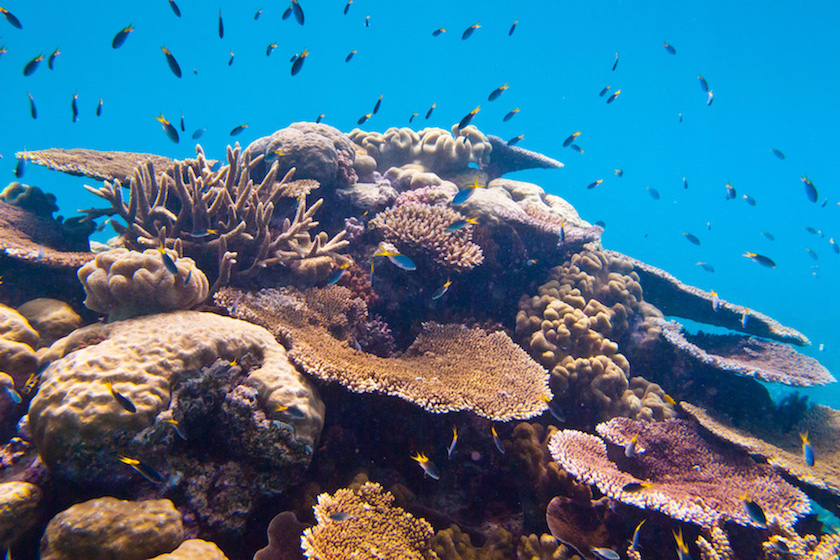
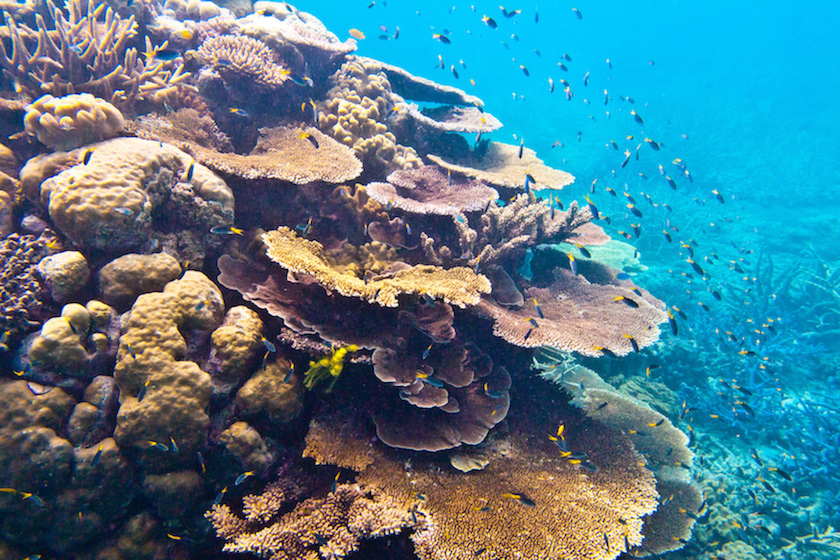
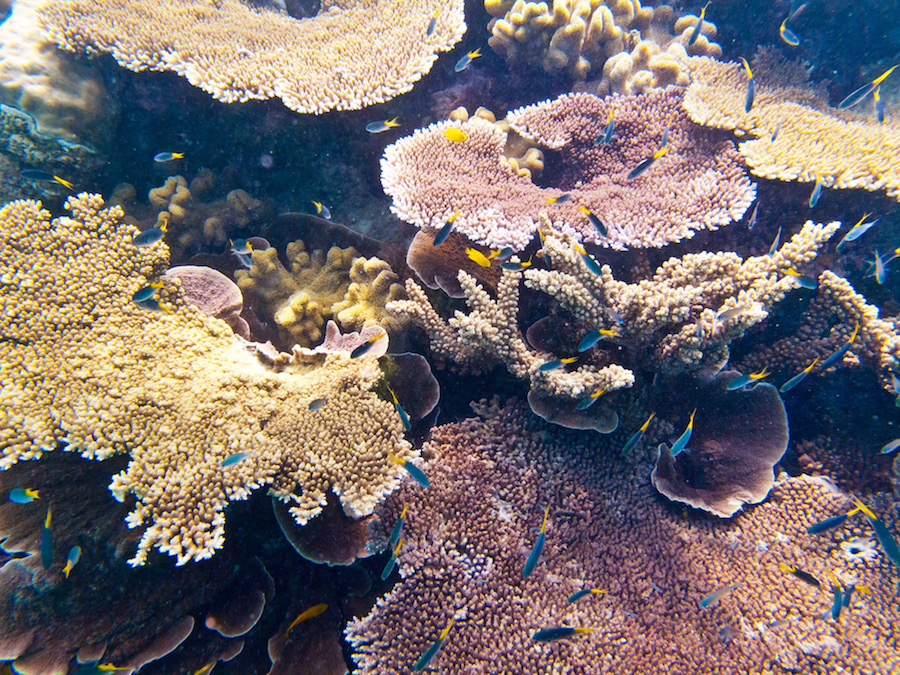
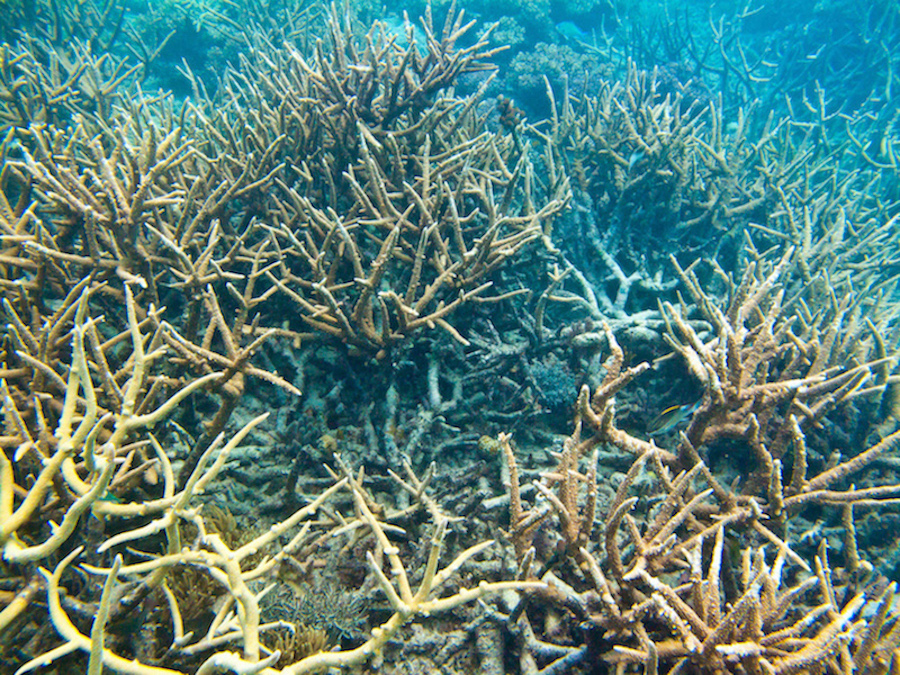
My most recent dive was at Tokoriki Island in Fiji with the resort dive shop. Mat doesn’t have her dive certification so we opted for the Discover Scuba Dive. Will was our instructor and he is one of the best dive instructors you could ever have if you’re looking for an introduction to scuba diving. He is very thorough with his lesson to scuba diving and is also very reassuring to anyone with having any apprehension. It is a terrific opportunity for anyone wanting to learn how to scuba dive!
During the dive, Will looked after Mat while I trailed them. He kept her very comfortable during the dive and she said it was the best dive that she’s been able to do and we can’t thank Will enough for that! We saw a healthy coral reef system with a variety of colorful coral, along with various species of fish, giant clams, sea cucumbers and a pair of sea turtles. It was a great dive and nice to see a healthy ecosystem around the island. I definitely recommend doing a dive with Will or anyone in the dive shop at the Tokoriki Island Resort. They’ll also take care of you for any other activities you may be interested in.
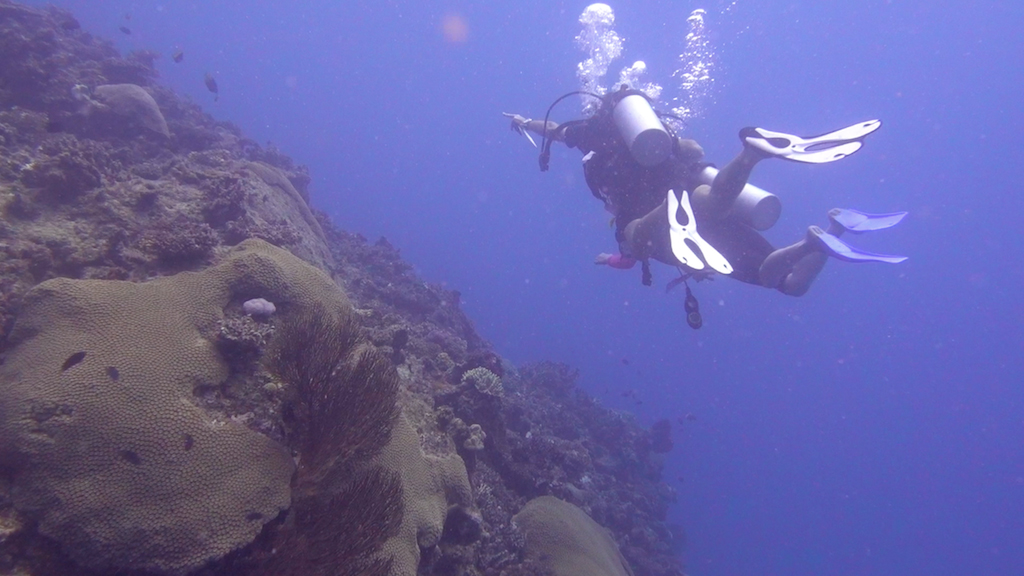
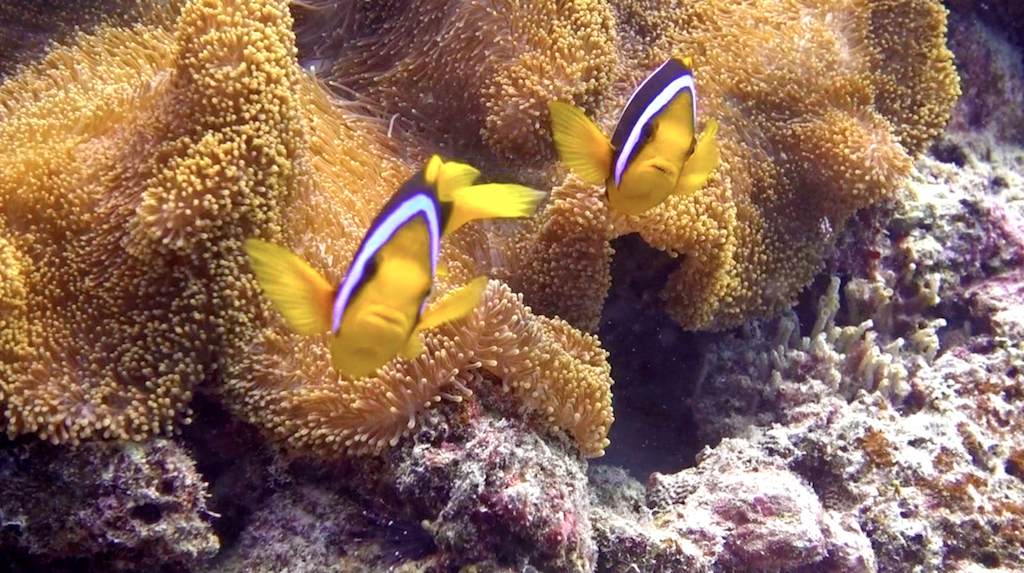
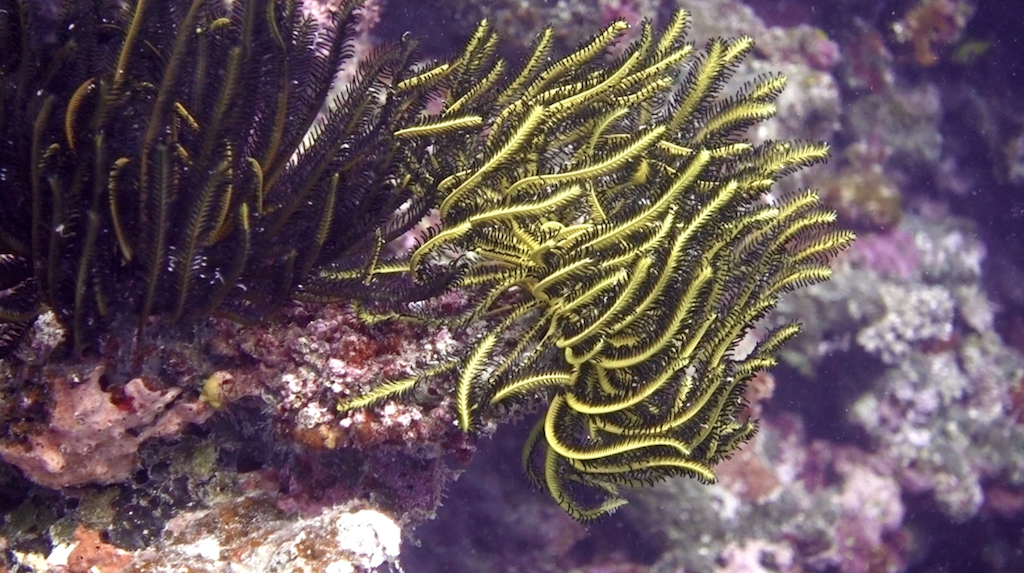
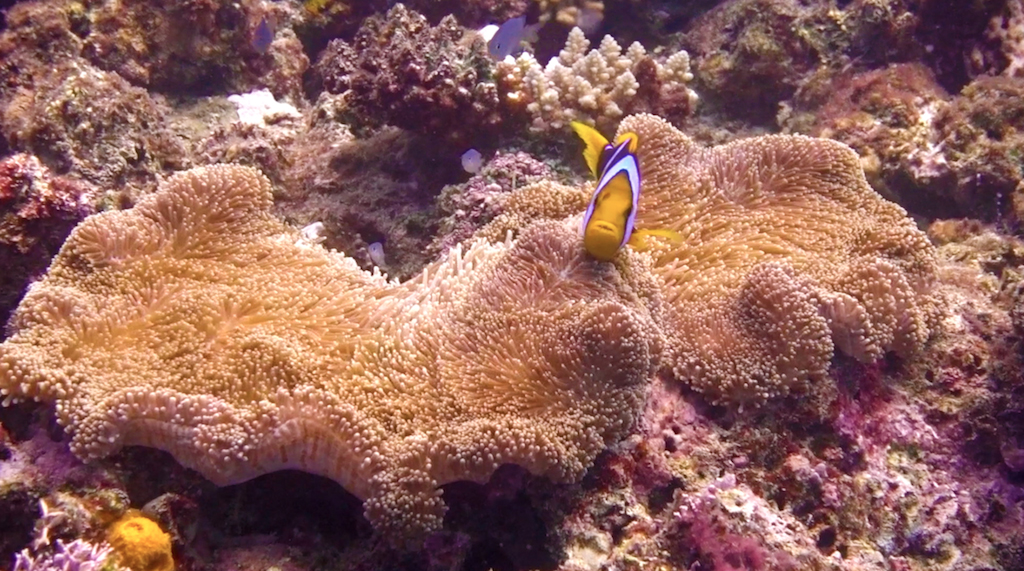
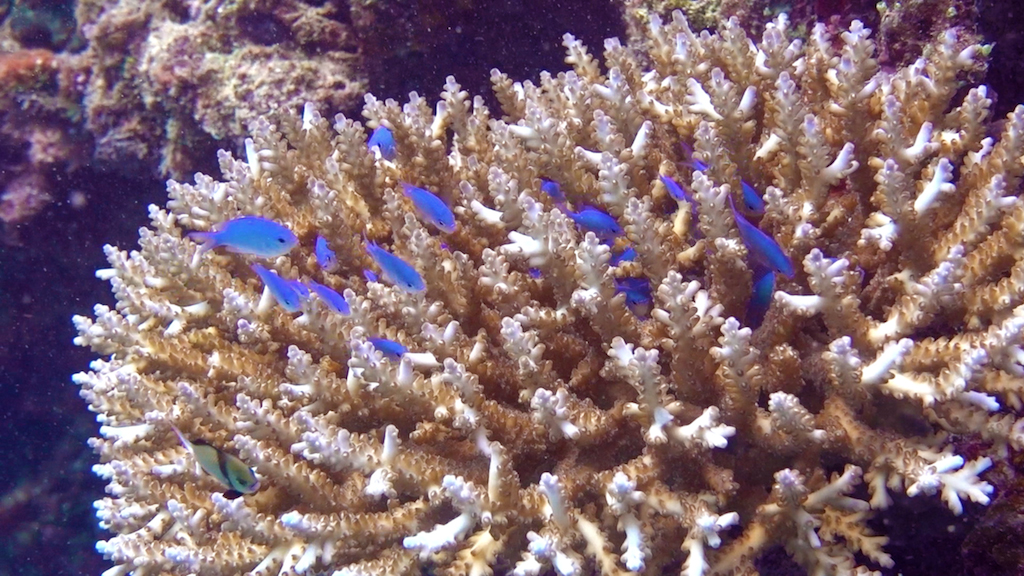
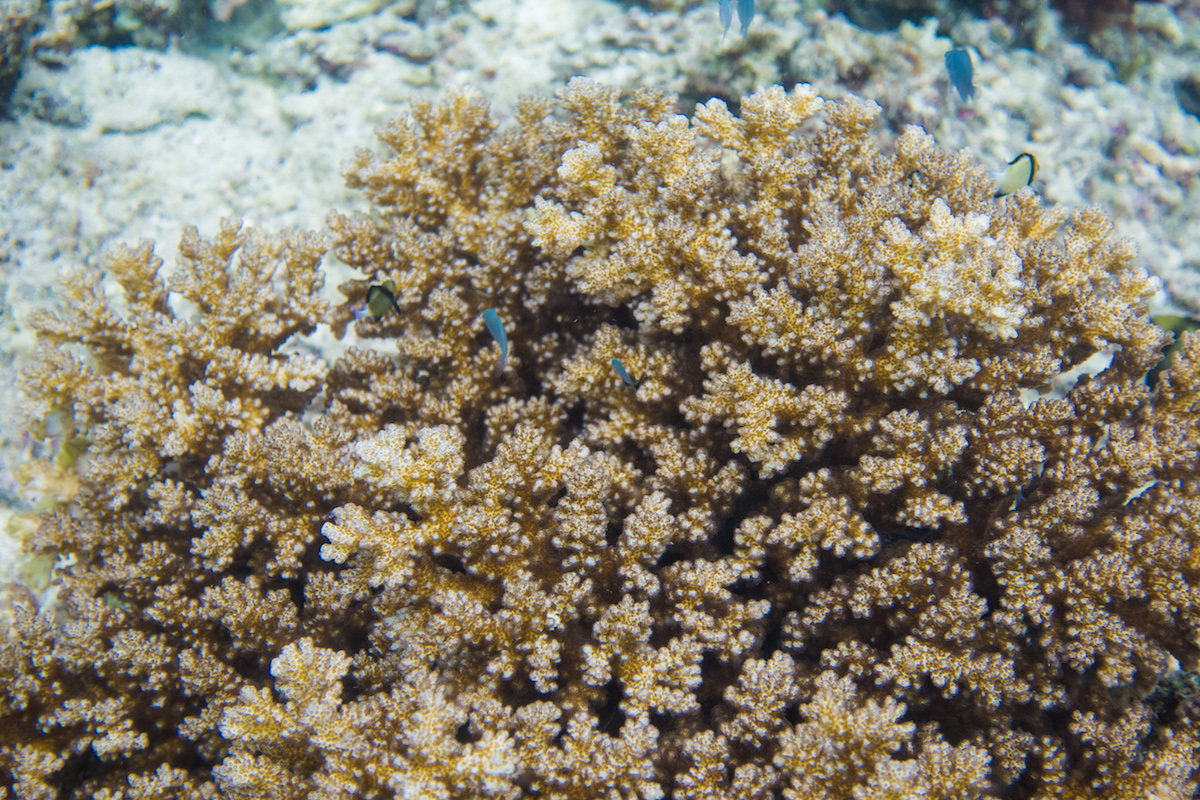
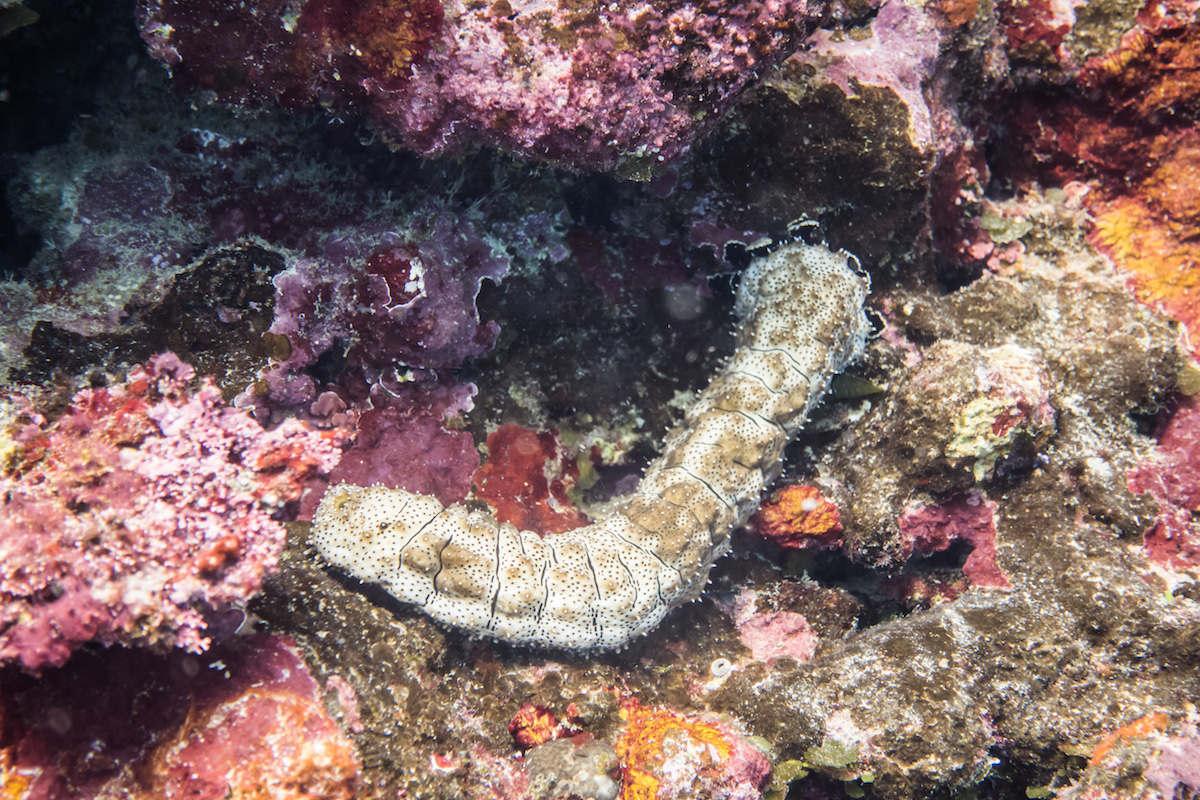
After the dive, we got back to the dive shop and met Alex who, along with Will, have been in Fiji the past 18 years. We struck up a conversation about the reef system and coral bleaching. I first heard about coral bleaching when an article of Australia’s Great Barrier Reef experienced significant bleaching on its system. I asked them how the reefs around the islands were doing and thankfully, they’ve said the reef systems there and around Fiji have remained largely unaffected. They’re also continuing to work with the preservation of the coral reef system near Tokoriki Island, as well as their giant clam restoration program and educating the locals about protecting sea turtles. It was a pleasure meeting the team and we thank them for the great dive!
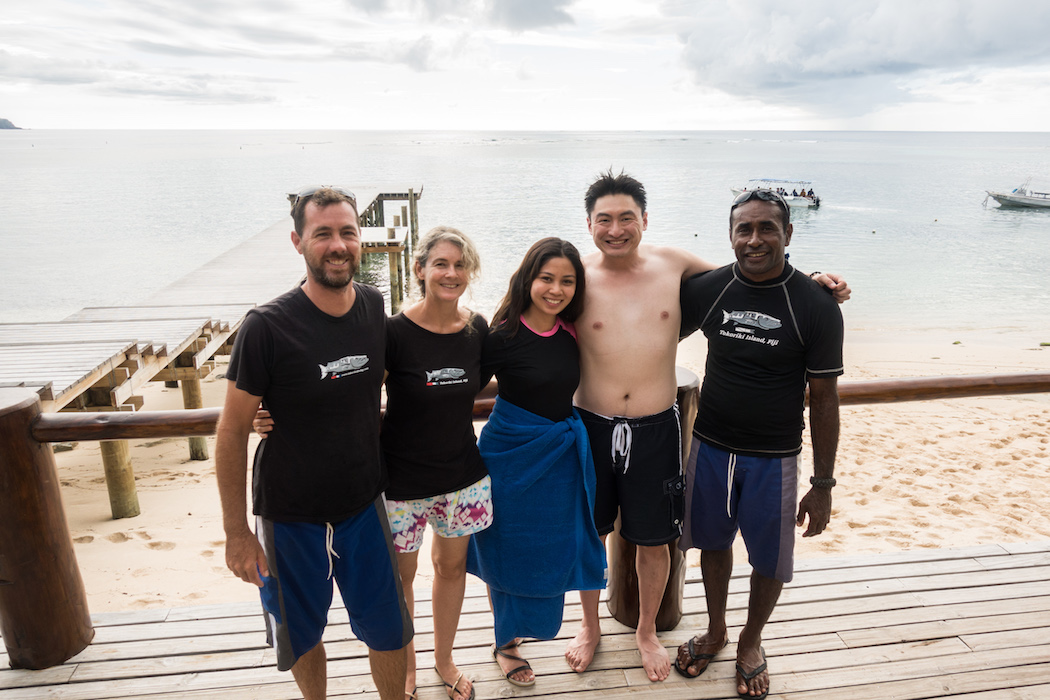
Although this region avoided any major bleaching to the reef systems, other parts of the world were severely affected. My first exposure to coral bleaching was by Otres Beach in Sihanoukville, Cambodia in June of 2016. We went on a snorkel/fishing excursion by a nearby island. We couldn’t catch any fish so I decided to go into the water and snorkel a bit. However, as I came upon the reef system, the coral was completely bleached white while some looked already browned (though the water was murky) and there was very little marine life inhabiting the system. Back then, I knew it was really bad but I thought it was more of a local thing; Cambodia’s climate had dramatically changed over recent years with rising temperatures and had a lot of pollution. But I had no idea about the global scale of the coral bleaching.
It wasn’t until I saw the documentary, “Chasing Coral,” on Netflix did I really grasp the severity and destruction of the world’s coral reef systems. I was absolutely shell-shocked at the magnitude of the damage that the Great Barrier Reef sustained in the 2016 mass bleaching event. Even after watching the documentary multiple times, it’s hard to believe that 29% of the Great Barrier Reef died in a single event. The images of entire reef systems dead and rotting away were engraved into my mind because I love the ocean and all of the life it supports. And it wasn’t just the Great Barrier Reef that was affected but various reef systems all over the world were affected and some systems were also completely wiped out. It makes me think back on the bleached reefs in Cambodia; the water I snorkeled in was really hot and for some reason, I felt like it wasn’t right. Looking back on it now, it laments me to think that that system may have met its demise since all of the signs were there.
Check out the trailer and see the film on Netflix:
In May of 2016, I got to dive in the Mesoamerican Barrier Reef, which is the second largest reef in the world after the Great Barrier Reef, spanning 620 miles long. That dive was also spectacular and it appeared that much of the reef systems appeared healthy. However, even they were not immune to the bleaching. In various areas, 20% of the reef systems experienced bleaching, and although they were able to recover pretty well, they still face numerous threats and will have to battle them every year. The Caribbean reef systems have also been hit pretty hard and it’s clear that this could become a frequent occurrence for many systems all over the world.
I don’t think people really realize how important the coral reef systems are to our planet. It is estimated that a quarter of all marine life is supported by the coral reefs. That marine life also supports up to 500 million people for food and sustenance and also brings in tens to hundreds of billions of dollars annually from tourism and fishing industries. Coral also provide treatments to a variety of ailments, including some cancer treatments. If the reef systems collapse, the impact it could have could be devastating.
Coral are very resilient creatures and, given time, they can recover from most disasters. However, this is a very different and challenging scenario for the world’s reefs. The coral reef systems are constantly under stress primarily from rising ocean temperatures due to global warming that is driven by human emissions but also faces pollution, uncontrolled tourism, overfishing, invasive species, and more. The toughest thing for the coral is that we do not see them every day so it is difficult for many people to grasp the severity of the issue.
However, there is finally something that is helping create awareness for our coral reef systems. And hopefully, we are able to buy the time that is needed to keep the coral reef systems surviving. The world of our oceans is truly an amazing and beautiful thing to see and we need to educate the public to show its importance. The future of coral remains uncertain but if we can continue to push the conversation to preserve the natural wonders of our world, then maybe we can still save what we have and keep building on that for our future generations.
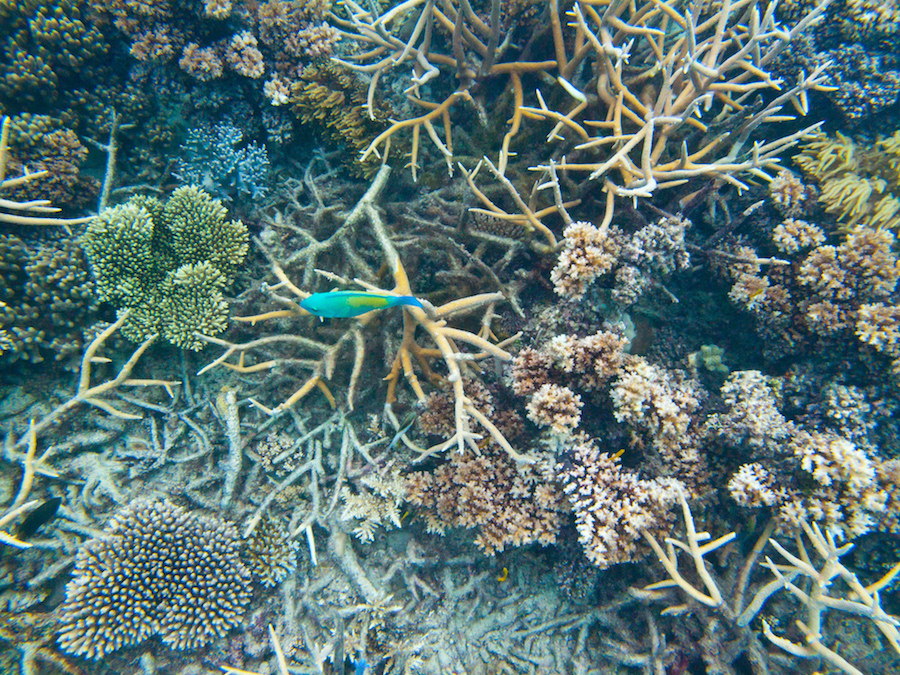
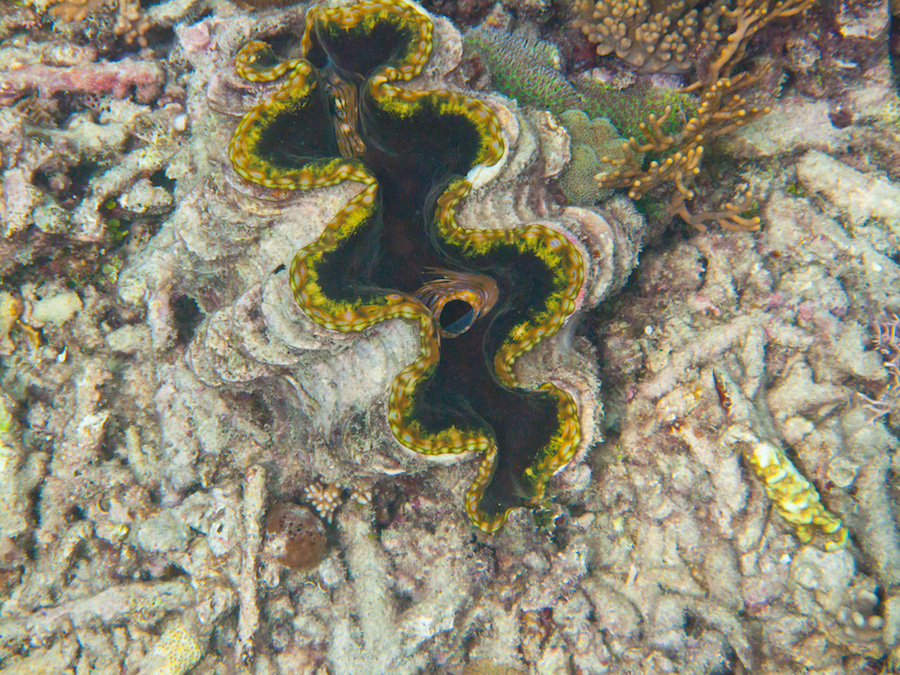
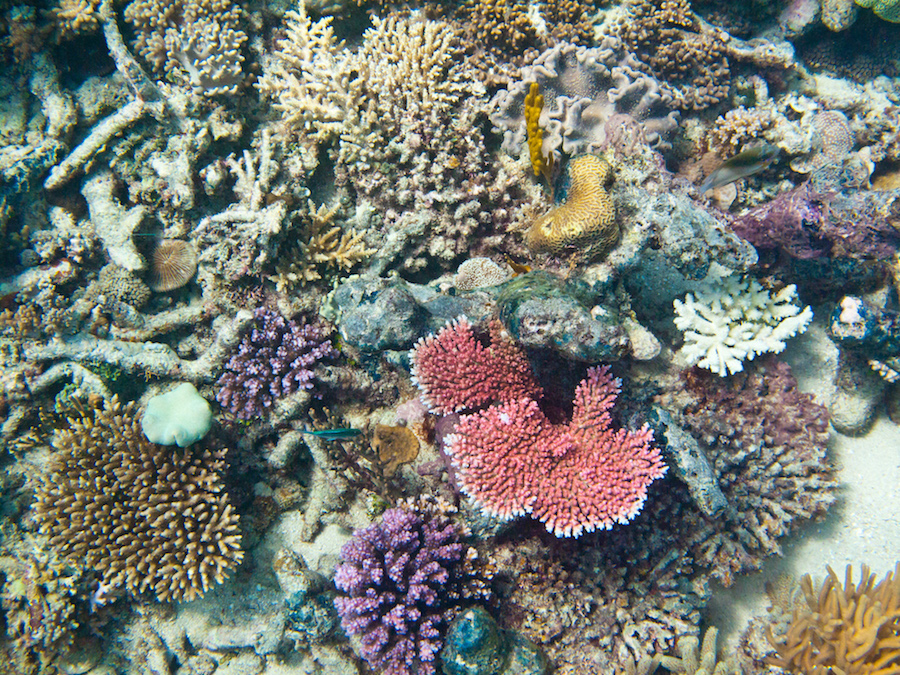
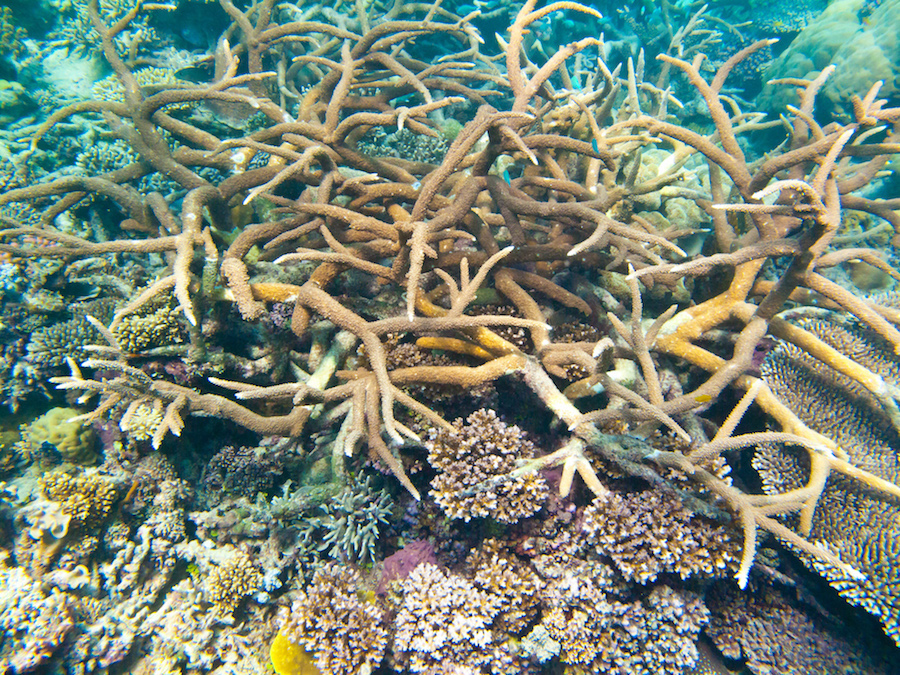
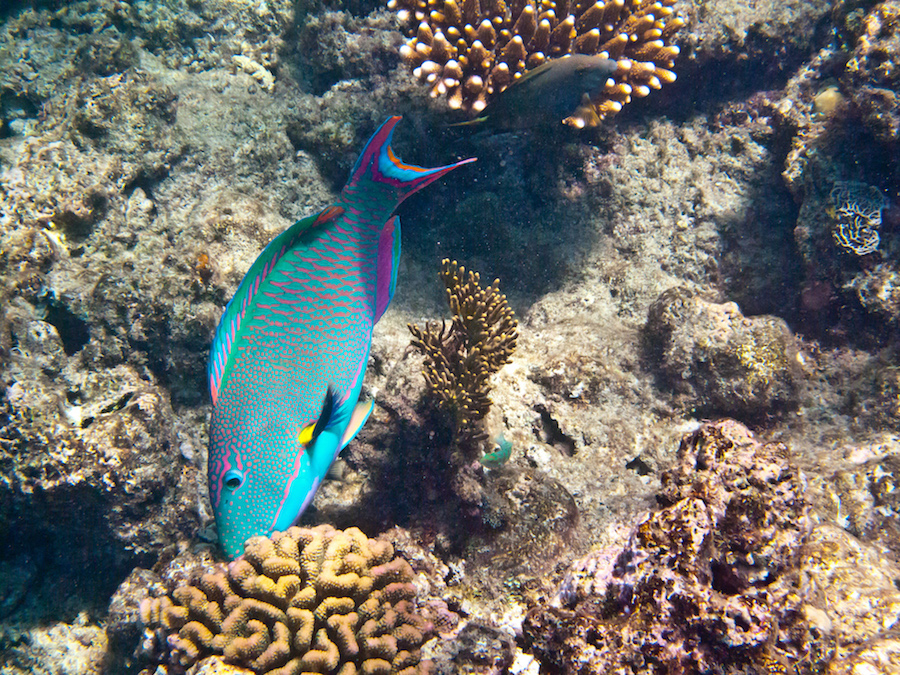
To find out more about the plight about corals, go to www.chasingcoral.com for more about the documentary and visit http://coralreef.noaa.gov/ to learn more about ways to help with the conservation process of our coral reefs.
Linger Abroad with us!
Subscribe to get our latest content by email. Just travel, no spam.

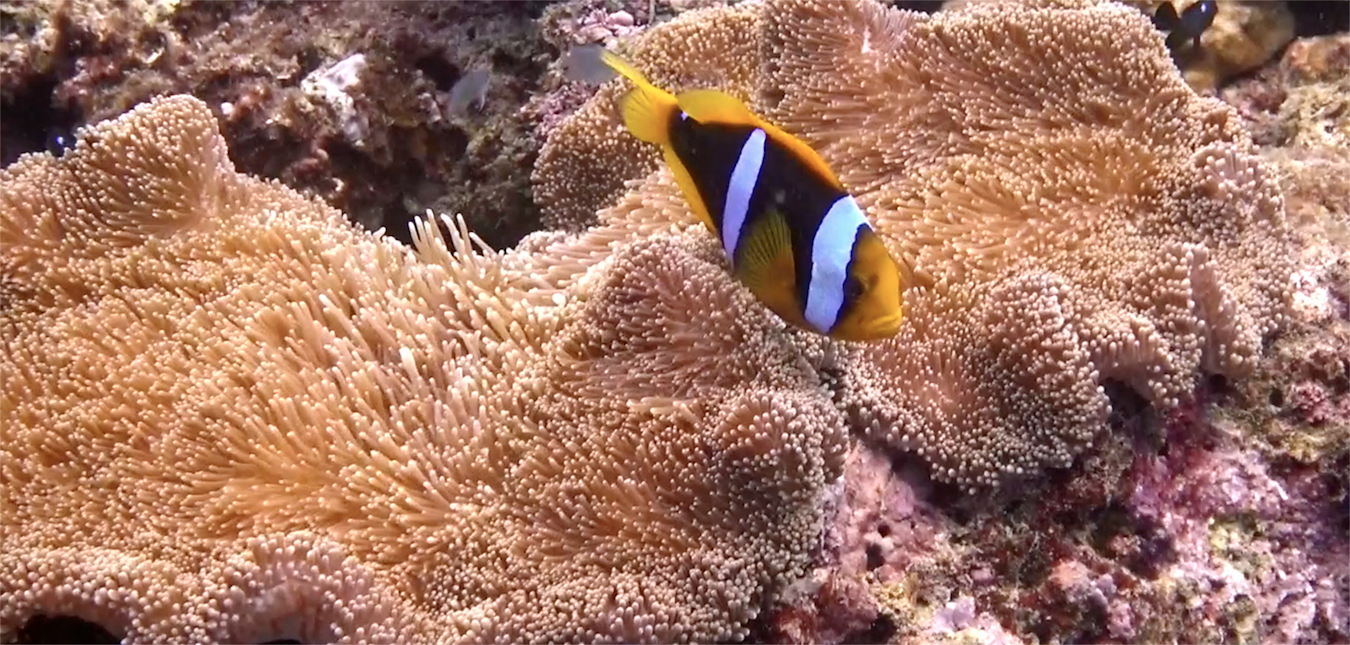
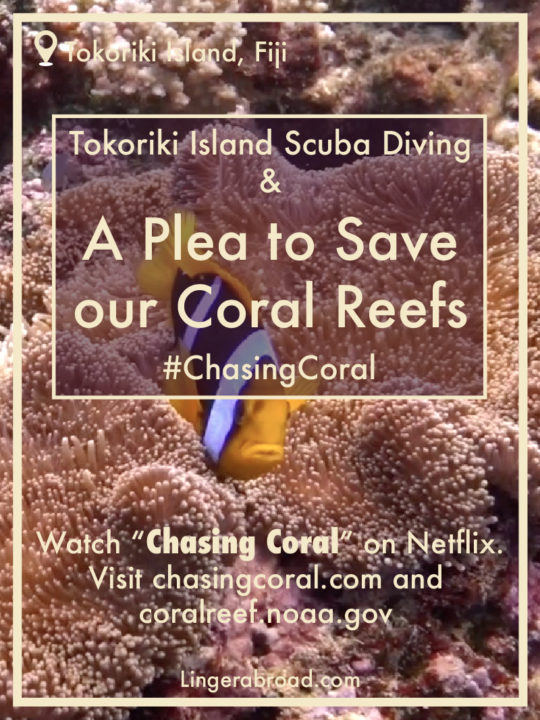
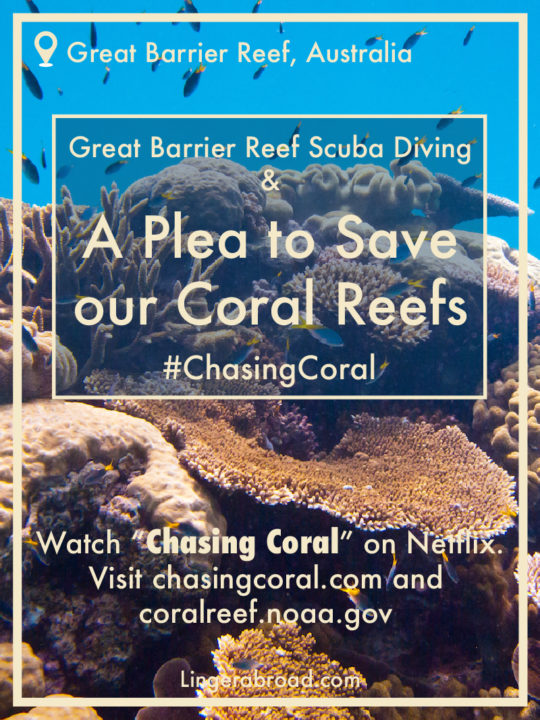
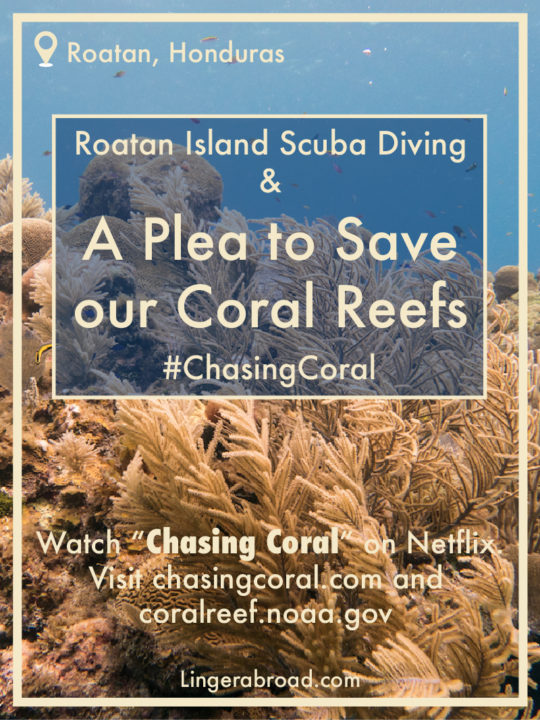
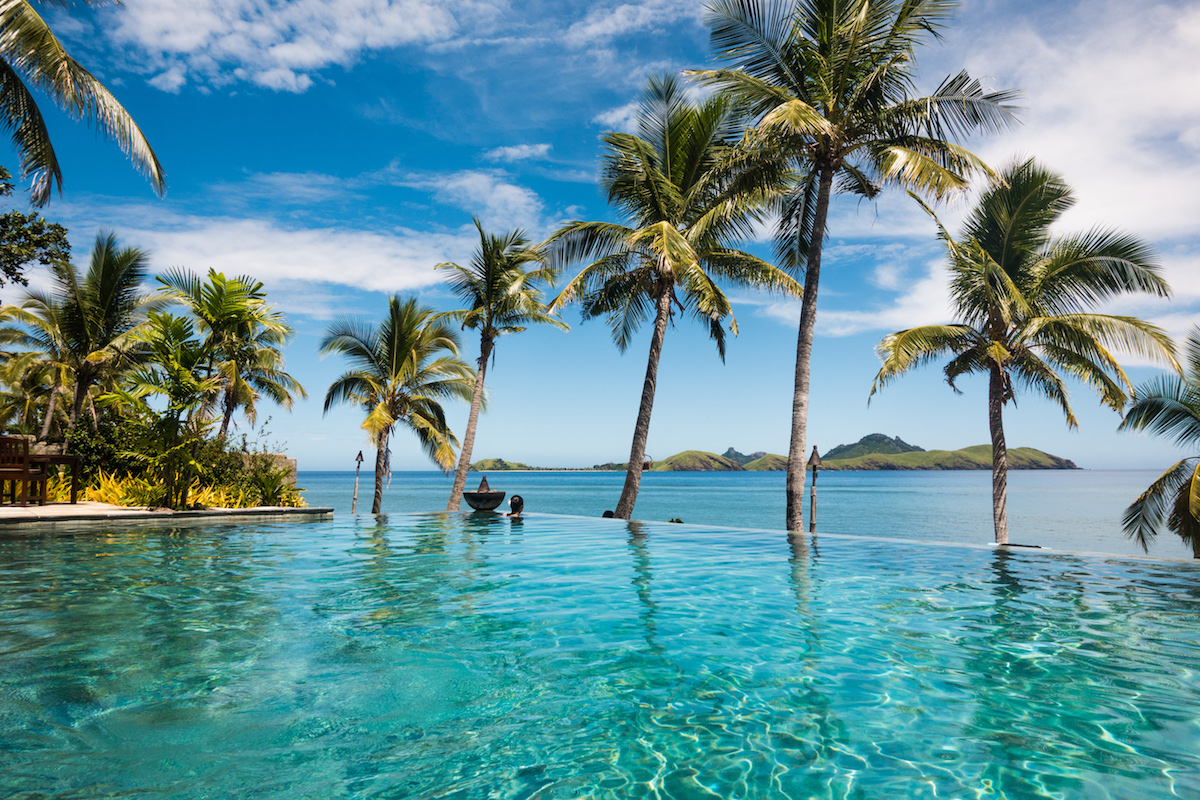
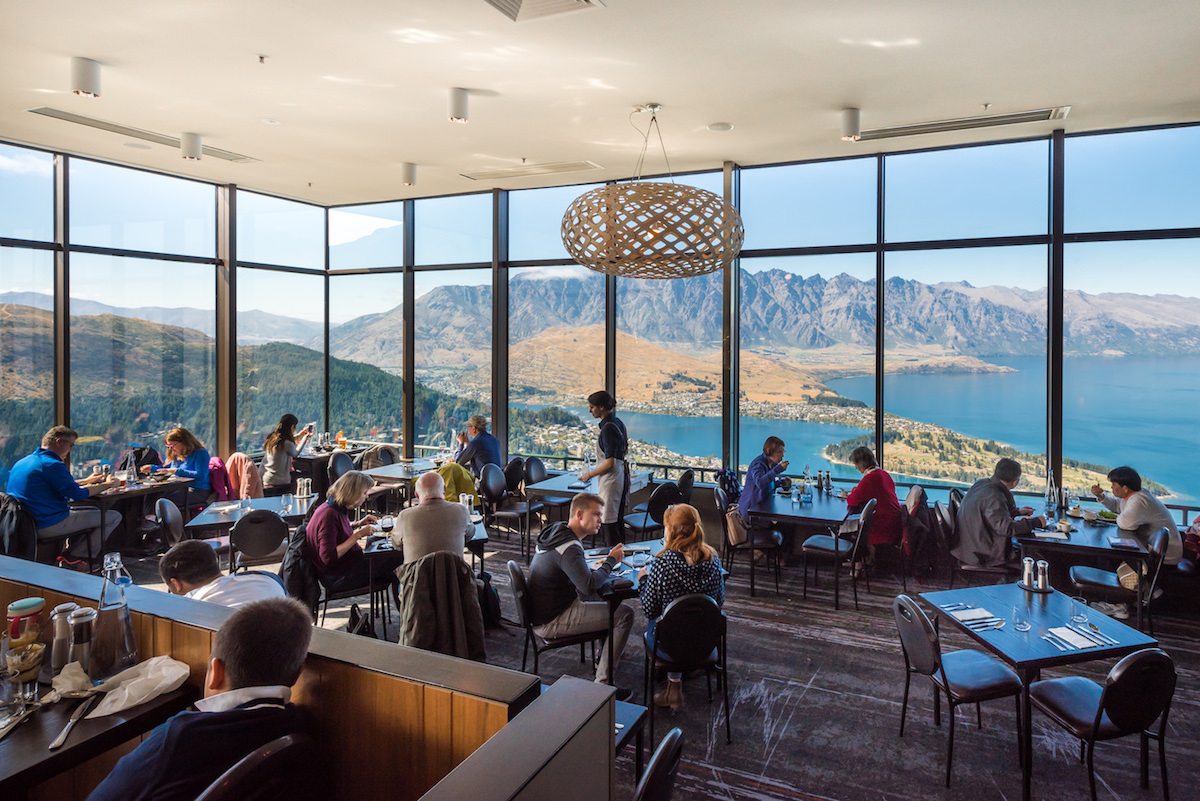
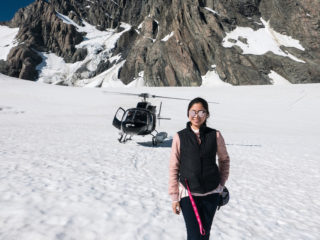
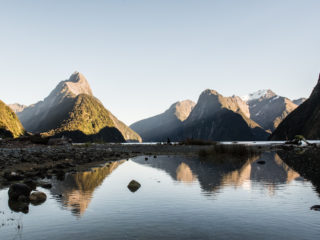
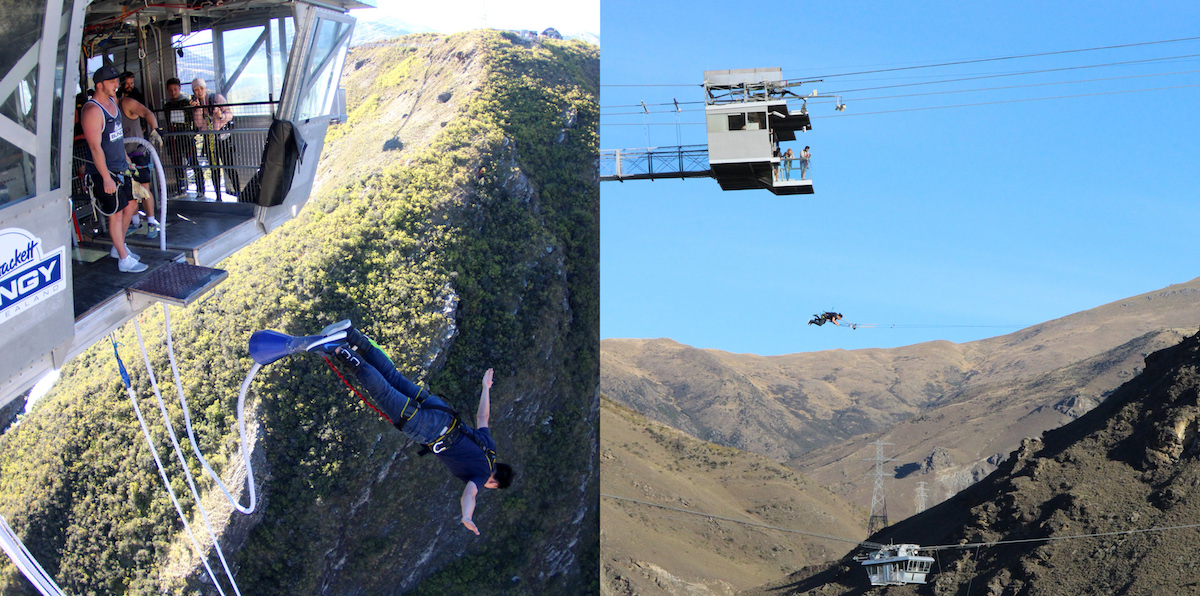
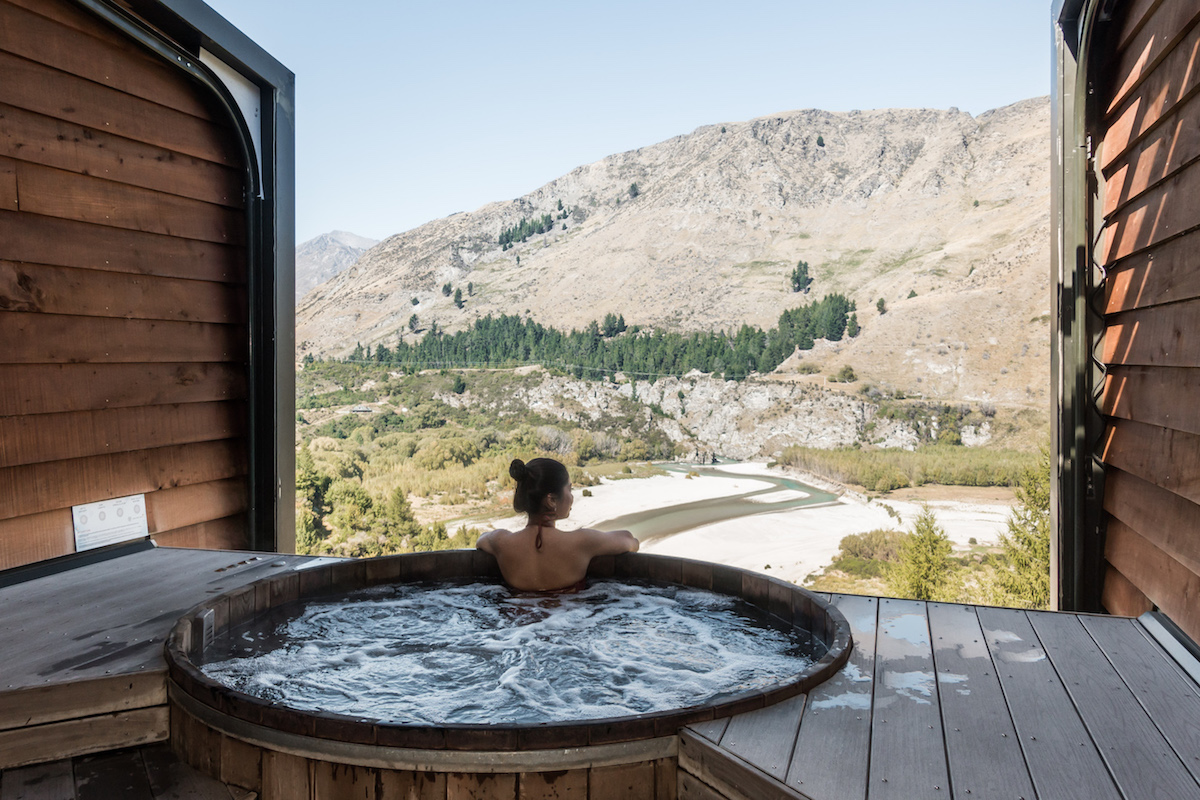


39 comments
The underwater world intrigues me so much. It’s so dang beautiful and there’s so much to see. Id love to go diving here sometime.
The underwater world is an amazing place and there’s still so much we haven’t seen.
This is incredible how amazing is life underwater! I am glad you got to see it in so many places around the world and share this amazing photos with us! I haven’t scuba dive yet but I am going to Hawaii this year so who know, maybe it will be first time for me there as well ! 🙂
You should definitely give it a try! Let us know what you think when you do it.
I agree with you that people don’t normally know how important the coral reef systems are to our planet. I also did not know much about this until I read your article. Most tourists are there just for a brief diving experience and will forget about the reef once they’ve return home. More info about conserving the coral reef system should definitely be distributed.
There’s so much we don’t know or realize about the reefs since we don’t see it every day. It needs the exposure it deserves before we lose our reef systems.
Great shots, nice post! What camera did you use for these photographs? nice to shout out about the importance of corals adn how it affects people as well.
The Great Barrier Reef photos were taken by a Canon Powershot G10 in 2011 (there are numerous updated models now). The Mesoamerican Barrer Reef footage was taken by a Panasonic Lumix LX100 with an Ikelite underwater housing. The Tokoriki Island dive was with a Sony RX100 V with a Sony underwater housing case. I recommend the latter combo for intro scuba/snorkeling.
Learning how to scuba dive its been in my bucket list form quite a while now! Truth is, I am terrified of the sea :/ Its times like this that I read such inspiring quotes about others underwater life experiences that makes me curious. Amazing photographic, by the way! They all came out great 🙂 – Mariella
The sea is an amazing place and there’s nothing really to be afraid of! But start with baby steps; take some classes and start in a pool. Once you get more comfortable, you can make your way into the ocean. Diving is a relaxed and slow-paced activity and just about everything that lives down there goes at that pace too. I think you’ll enjoy it.
So glad that the coral around Fiji is still healthy. Loved Nemos pic … he seems to be having fun. The underwater world is indeed to beautiful! You have made me want to dive at the earliest!
Yes, it’s great that those reefs are still healthy. Hopefully, they can continue to hold out against bleaching events
Awesome post and photos. That would truly be a catastrophe if scuba diving were to become extinct. There are too many beautiful sights to see in the ocean, it’s a different world! I hope this helps a lot of people.
Very nice underwater photographs of coral reefs. I was not knowing that Corals are used for cancer treatments. I have never done diving and would really love to do one day.
There’s so much we don’t know about corals that could help people. You should give diving a try!
Thanks for this. I wrote a rant about coral reefs earlier in the year too. They’re so fragile it’s scary.
I saw your post it’s just a travesty of what’s being lost. Hopefully, more people can see how devastating it will be.
Wow these underwater photos are amazing – such a fascinating world down there! Would love to learn to dive someday! And we definitely need to preserve our coral reefs, so important.
Wow, you started young. I’m not a diver. “Diver Down” is a Van Halen record!
thank you so much for sharing this! it’s so, so important, especially right now. great post!
Wow these reefs shots are beautiful! Did you capture them yourself? GoPro? We are sad we didn’t do any while in Fiji… looks like we have to do so next time we are there! Last shot of the fish is so beautiful!
Yes, all of these photos and videos are mine (except with some added clips from my dive in Roatan). At the Great Barrier Reef, I used a Canon Powershot G10 in 2011. The Mesoamerican Barrer Reef footage was taken by a Panasonic Lumix LX100 with an Ikelite underwater housing. The Tokoriki Island dive was with a Sony RX100 V with a Sony underwater housing case. I recommend the latter combo for intro scuba/snorkeling if it’s within your budget.
This is so amazing. I’ve always wanted to scuba dive and see the beauty of the underwater world. Let’s hope we all continue to take care of the earth so we have more of this beauty for years to come.
It’s a different world under there and it’s incredible!
There is so much good information here! Thank you. I’ve always wanted to try diving but, I have this fear of deep water. That poses a problem 🙂 would you reccomend snorkling first?
Snorkeling might be a good introduction because you’ll learn out to breathe only through your mouth and not through your nose. However, you can’t go below the water so that’s where the limit is. If you take scuba diving classes, they will ease your way down in the ocean. You typically start in a shallow pool just to get used to breathing with the equipment. Then in open water, they’ll only take you down 10-15 feet before moving as deep as 30 feet, so you can get comfortable slowly.
I’d also recommend maybe taking a Discover Scuba introduction session in a place with nice reef systems, which usually incorporates a class and then a dive in shallow ocean. That might help you get more excited and help overcome your fear of the water, and there will always be instructors that will be by your side.
Thank you for sharing this reminder that we need to work toward more sustainability and health in our waters! Our reefs are so beautiful and complex; it’s so disheartening to see them bleached and abandoned. 🙁 I’ve only been able to dive once (recently in the Caribbean) but eventually want to pursue a full certification. Will definitely watch Chasing Coral before I do.
I hope we’re able to do that soon. It’s amazing how much life they support, not just the marine life, but to people as well.
it seems you had an amazing experience, your pictures are so beautiful! it’s sad what is happening to the coral reefs, hopefully more people will be aware of this problem and educated to respect our oceans!
Every dive I’ve had has been pretty spectacular, each reef system different from the other. Planning to do more and continue to promote awareness to our oceans.
Great post, gorgeous photos and a perfect way to pledge for a good cause. We should definitely try to save our wonderful nature and the endangered coral reefs.
I hope we are able to. So much of our ecosystems are diminishing but there’s still time to save them and am optimistic that we can.
It is very sad to hear about dying eco systems like coral reefs. I was able to see the beauty of a reef while snorkeling in Saint Lucia and it was amazing. It is incredible how much a reef can mean to the world.
I think people tend to think reef systems supporting only fish or marine life but aren’t aware of how much they impact humans. It would be devastating if we were to lose those reef systems.
I haven’t tried scuba driving yet but the underwater World looks so beautiful and mysterious that I need to put it on my bucket list
The underwater world is incredible. Coral reef systems only cover 2% of the ocean’s surface, meaning there are still mysteries we can still uncover.
Oh boy! LOok at the gorgeous pictures you were able to click underwater. I have heard a lot about the Great Barrier Reef and even we have somehow fallen in love with diving after our first dive. It’s so incredible. I really hope people are mature enough to understand how vital the marine life is to our ecological system and how it can affect the balance!
First of all I must say your pictures are stunning. You really got some cool shots of the corals. And I agree they are very fragile and we need to be extra careful when diving. We don’t realise but we are causing a permanent damage to them. I am so glad you wrote about thsi topic.
You have done so much of diving, no wonder you are so passionate about it. The beauty of the underwater world is surely addictive and you go back again and again to experience the beauty. It is indeed imperative that all stakeholders do a concerted effort to preserve our coral treasures around the world.
Comments are closed.